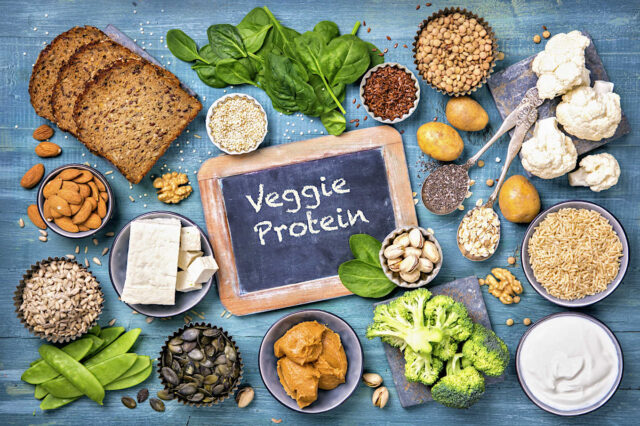Whether you are vegan or just looking to increase your intake of plant-based proteins, understanding what vegan protein is made of is essential for making informed dietary decisions.
Vegan protein powders have become increasingly popular in recent years as a way to get enough protein without consuming animal products. But what is a vegan protein made of exactly?
In this blog post, we will examine the different sources of vegan protein and the health benefits they offer.
We’ll also explore the differences between plant-based and animal-based proteins, so you can make an informed choice about which one is right for you. Read on to discover the 5 things you need to know about vegan protein.
What Is Vegan Protein Powder?
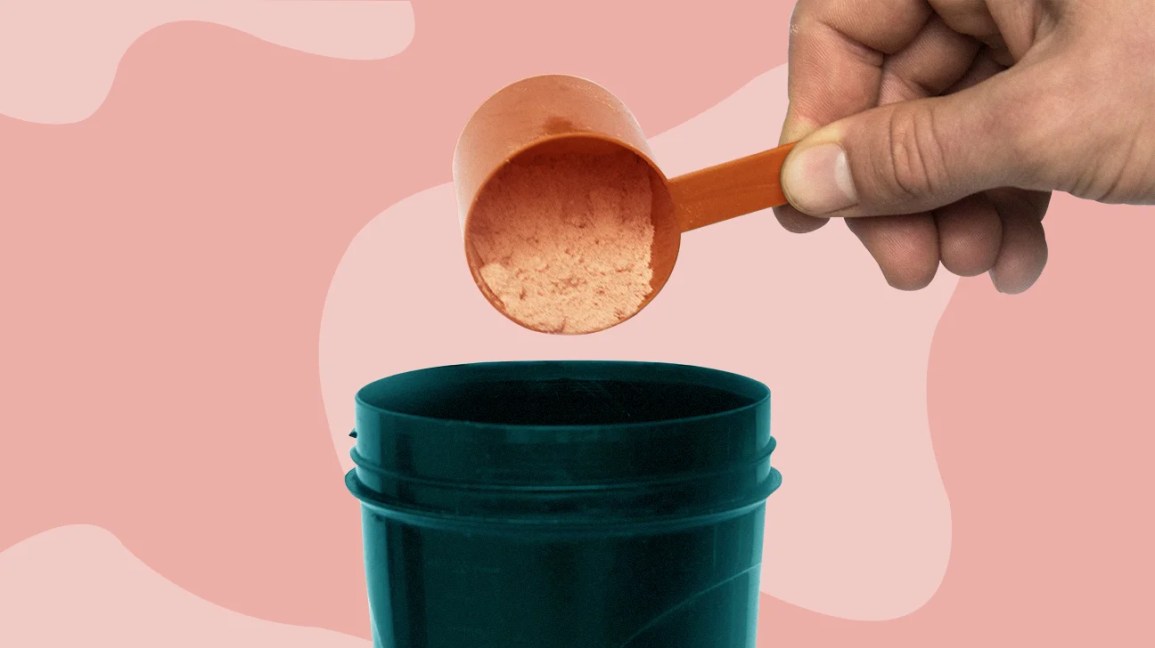
There are many types of vegan protein powder on the market, made from a variety of plant-based sources. Pea protein, rice protein, soy protein, hemp protein, and others are all standard vegan protein powder options. You can also search for many trusted websites that offer detailed insights on vegan protein to pick the best one for you.
Vegan protein powders can be a great way to get additional protein into your diet, especially if you’re following a vegan or plant-based diet. They can be used to make smoothies, shakes, and other meals and snacks. Some vegan protein powders even come in flavors like chocolate or vanilla, making them more enjoyable to consume.
If you’re considering adding vegan protein powder to your diet, it’s essential to do your research and choose a quality product. Look for one that is certified organic and Non-GMO Project Verified, and check the ingredient list to make sure there are no added sugars or artificial ingredients.
5 Things To Know About Vegan Protein Powder
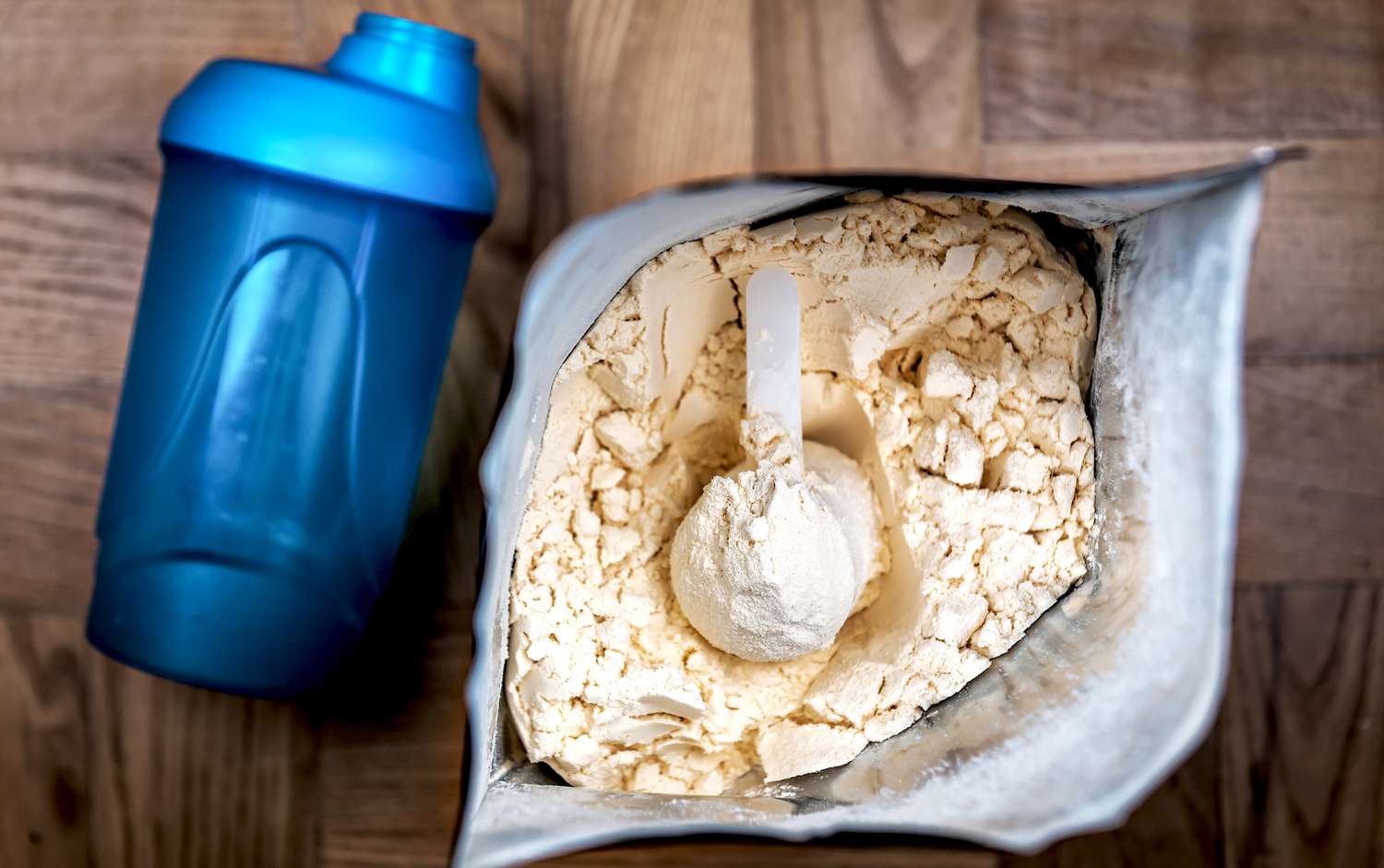
There are a lot of misconceptions about veganism and vegan protein sources. Here are five things you should know about what vegans eat:
- Veganism is a plant-based diet that excludes all animal products, including dairy, eggs, and honey.
- Vegan protein sources include beans, lentils, tofu, tempeh, seitan, and quinoa.
- Vegans get enough protein from plants by eating a variety of different proteins throughout the day.
- You can only build muscle on a vegan diet if you’re eating enough calories and lifting weights.
- Vegan athletes require more protein than sedentary people because they’re expending more energy.
Different Types Of Vegan Proteins
As more and more people switch their diets to veganism, they are in need of high-protein vegan options that are easy to incorporate into their meal plans. But which type of protein powder is the best choice for vegans?
Some of the common ones include proteins from peas, soy, hemp, rice, and algae. Understanding which one offers which benefit will help you in deciding which will be the right option for your body’s needs.
This article gives a brief insight into the different kinds of protein powders available on the market and the critical points associated with them. Read further to find out the different types of vegan protein powders available on the market and how each one can benefit you!
Pea Protein
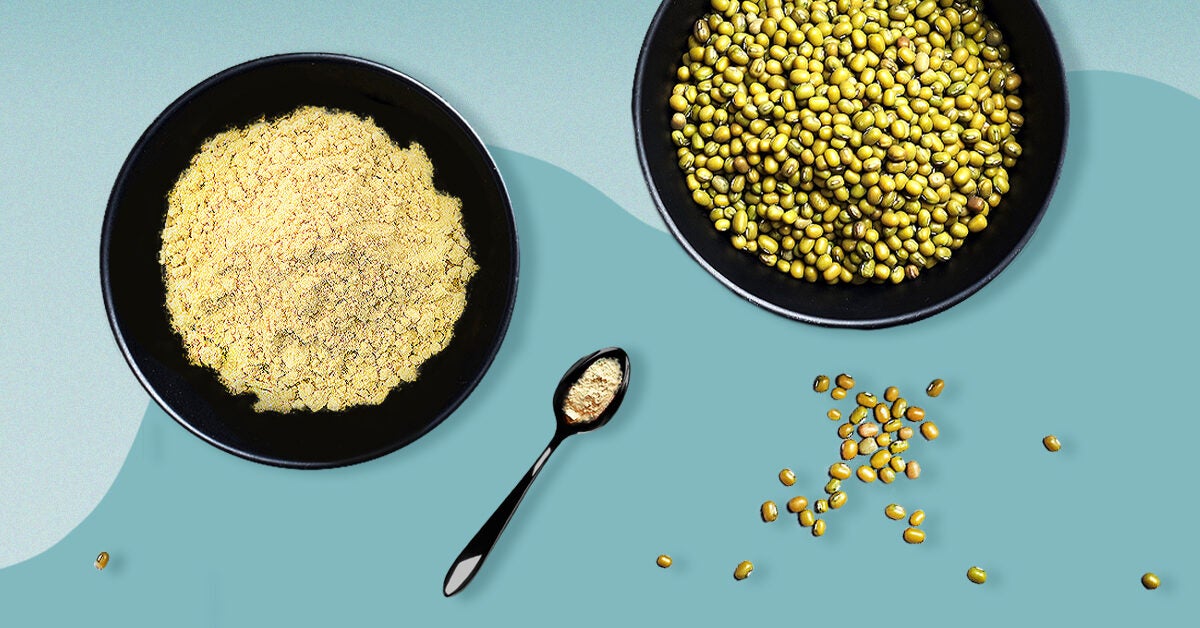
- Pea protein is a popular vegan protein source because it is high in protein and low in fat.
- Pea protein is also a good source of iron and fiber.
- Pea protein can be used to make vegan meat substitutes, such as veggie burgers or mock chicken patties.
- Pea protein powder can be used in smoothies or baking recipes for an extra boost of protein.
- Some people find that pea protein has a slightly bitter taste, so it may be necessary to add sweeteners or flavorings to recipes made with it.
Rice Protein
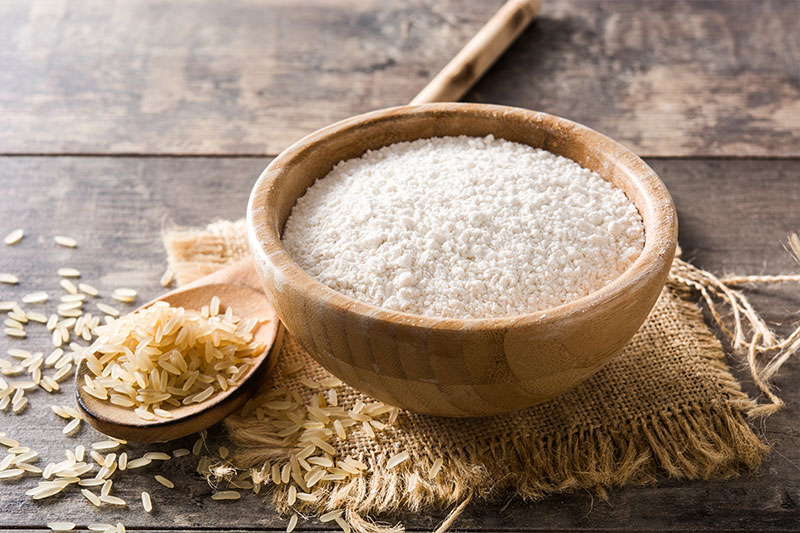
Rice protein is a complete protein, meaning it contains all nine essential amino acids that the human body cannot produce on its own. It is also low in fat and calories, making it an excellent option for people who are looking for maintaining weight.
Additionally, rice protein is easy to digest and does not have any allergens, thus, it is a safe choice for people with sensitivities or food allergies.
Hemp Protein
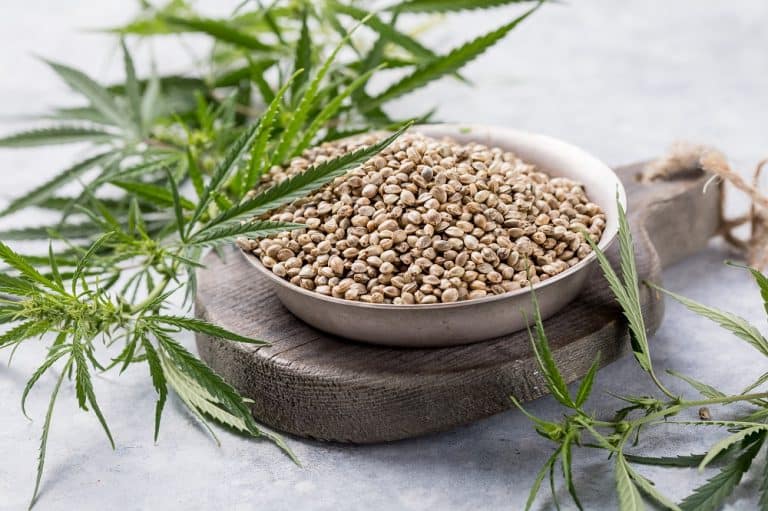
Hemp protein is derived from the hemp plant and is a plant based vegan protein source. Hemp protein contains all 20 amino acids, including the nine essential amino acids that our bodies cannot produce on their own. Hemp protein is also a good source of fiber and omega-3 fatty acids.
Soy Protein
Soy protein is a type of vegan protein made from soybeans. It is a complete protein, meaning it contains all the essential amino acids your body needs. Soy protein is low in fat and cholesterol and is a good source of fiber.
Algae Protein
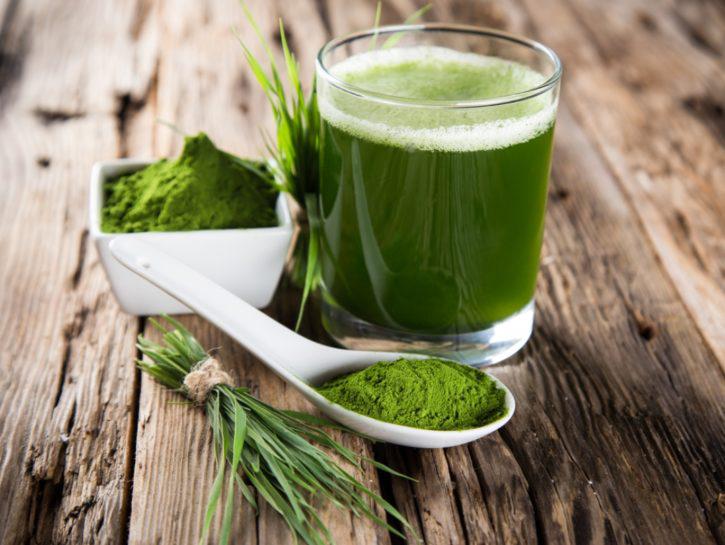
Algae protein is a type of vegan protein that is made from algae. There are many different types of algae, and each one has a different nutritional profile. Some algae are rich in protein, while others are rich in essential fatty acids or vitamins and minerals.
Algae protein powders are a convenient way to add vegan protein to your diet. They can be added to smoothies, shakes, and baked goods or used as a replacement for animal-based proteins in recipes.
If you’re looking for a plant-based protein powder that is high in protein and low in carbohydrates, then an algae protein powder is a good option. However, if you have allergies or sensitivities to shellfish, then you should avoid algae protein powders made from spirulina or chlorella, as they may contain trace amounts of shellfish allergens.
Conclusion
Vegan protein is an excellent option for anyone looking to add more plant-based foods to their diet. With so many sources of vegan protein, it’s easy to find something that fits your needs and dietary preferences.
From tempeh and quinoa to lentils and beans, there are plenty of ways you can get the nutrition you need while still sticking to a vegan diet. In addition, there are wide varieties available on the market for you to choose from. This article has helped give you an idea of what vegan proteins are made from and how they can be incorporated into your lifestyle.

